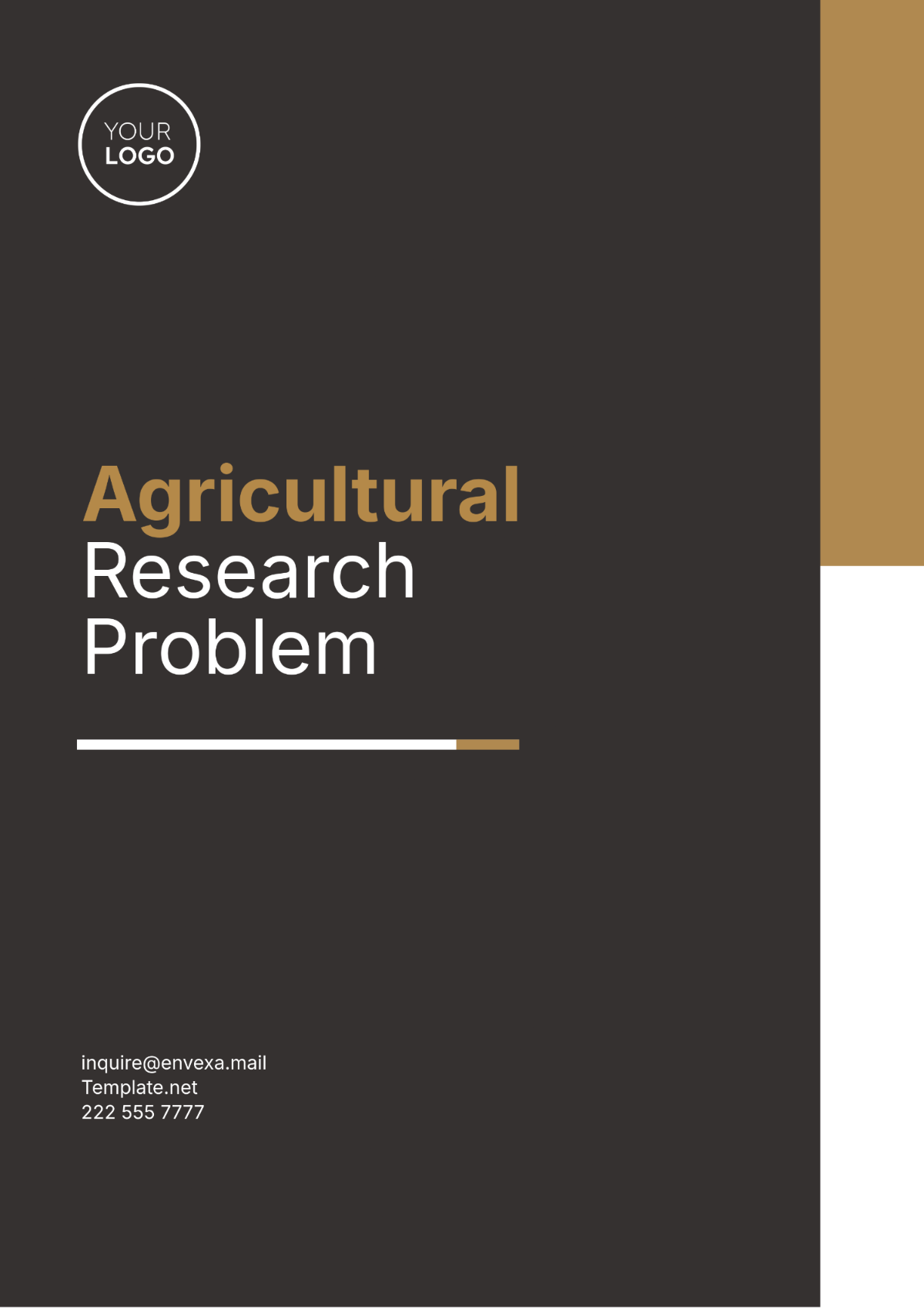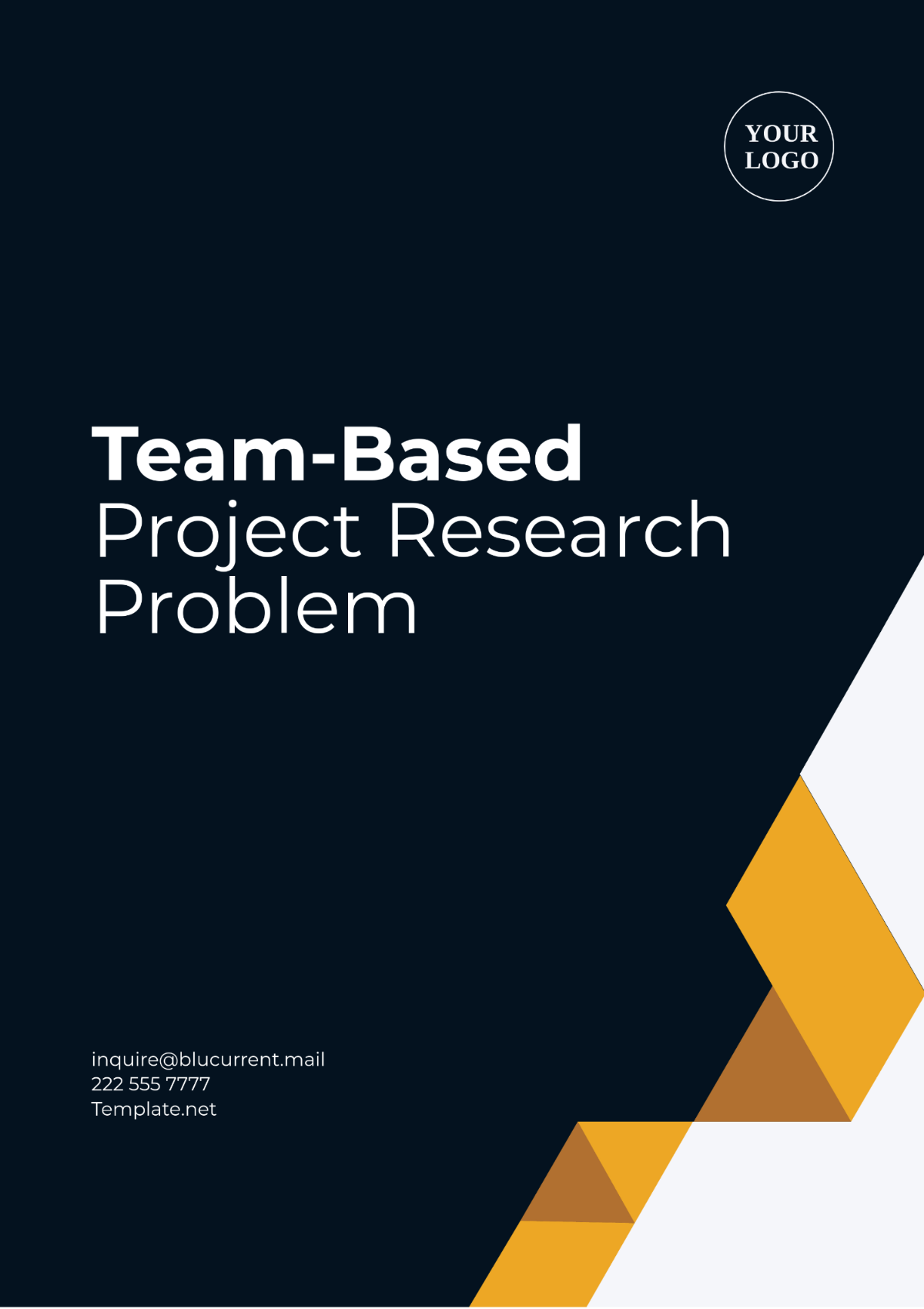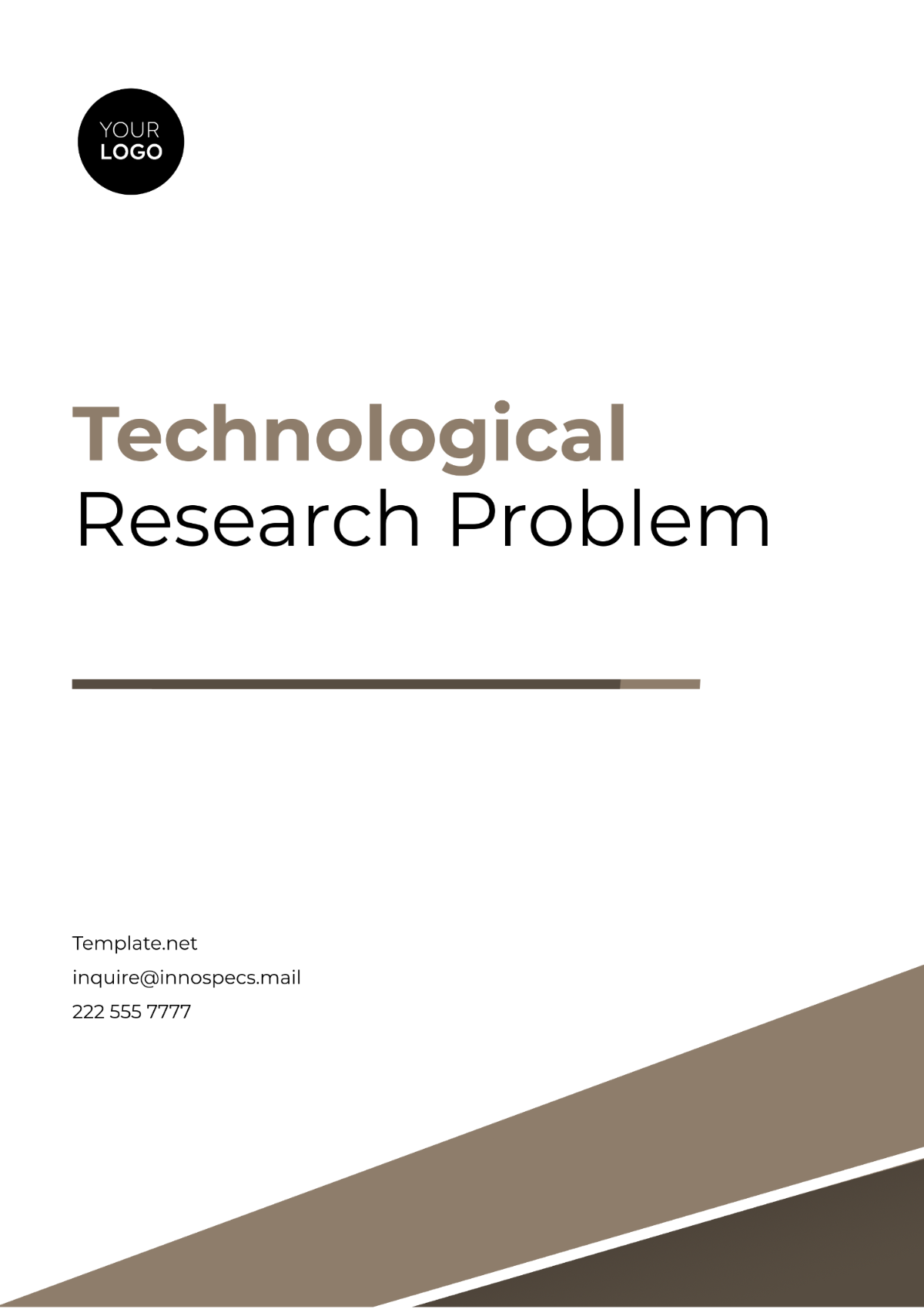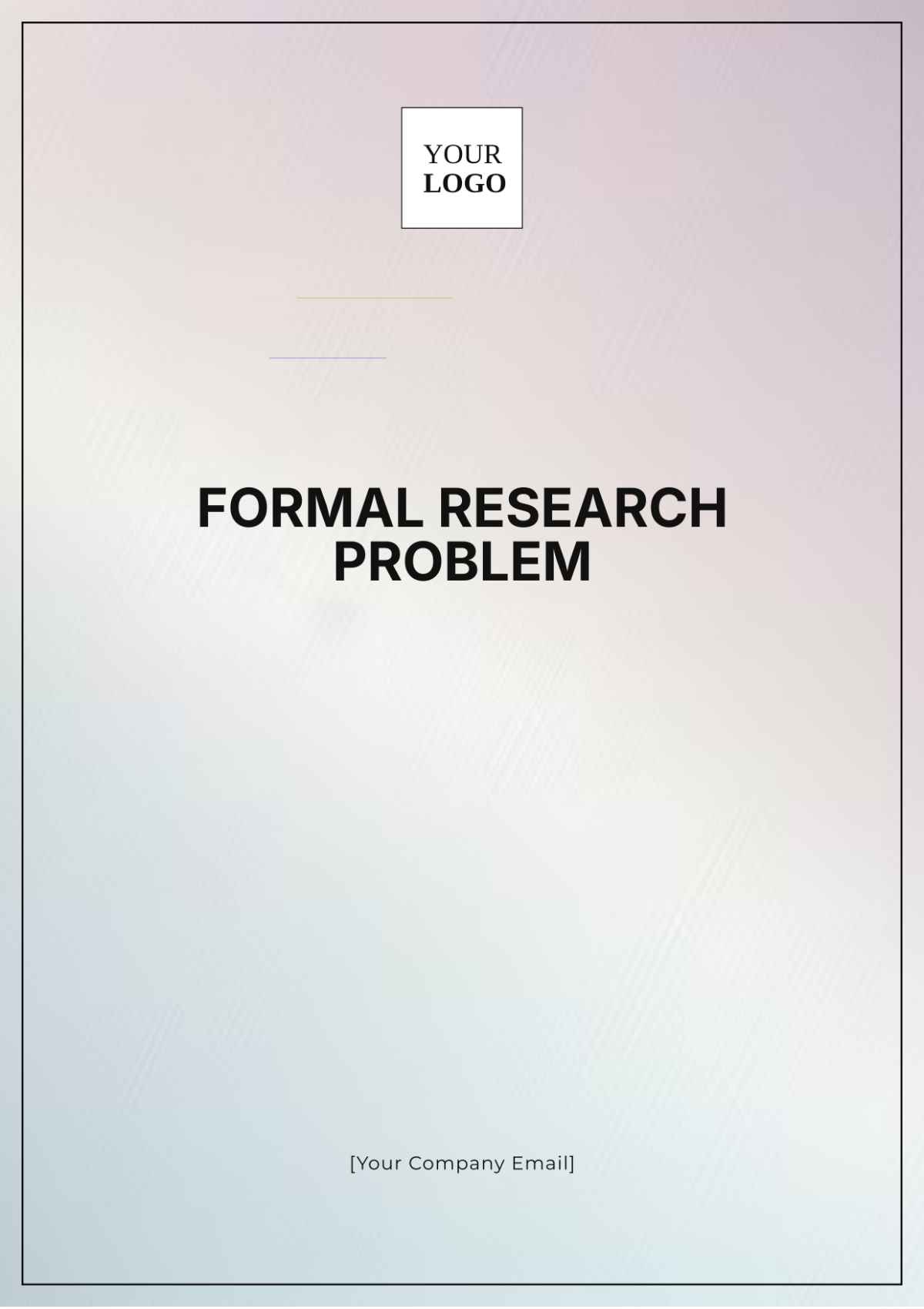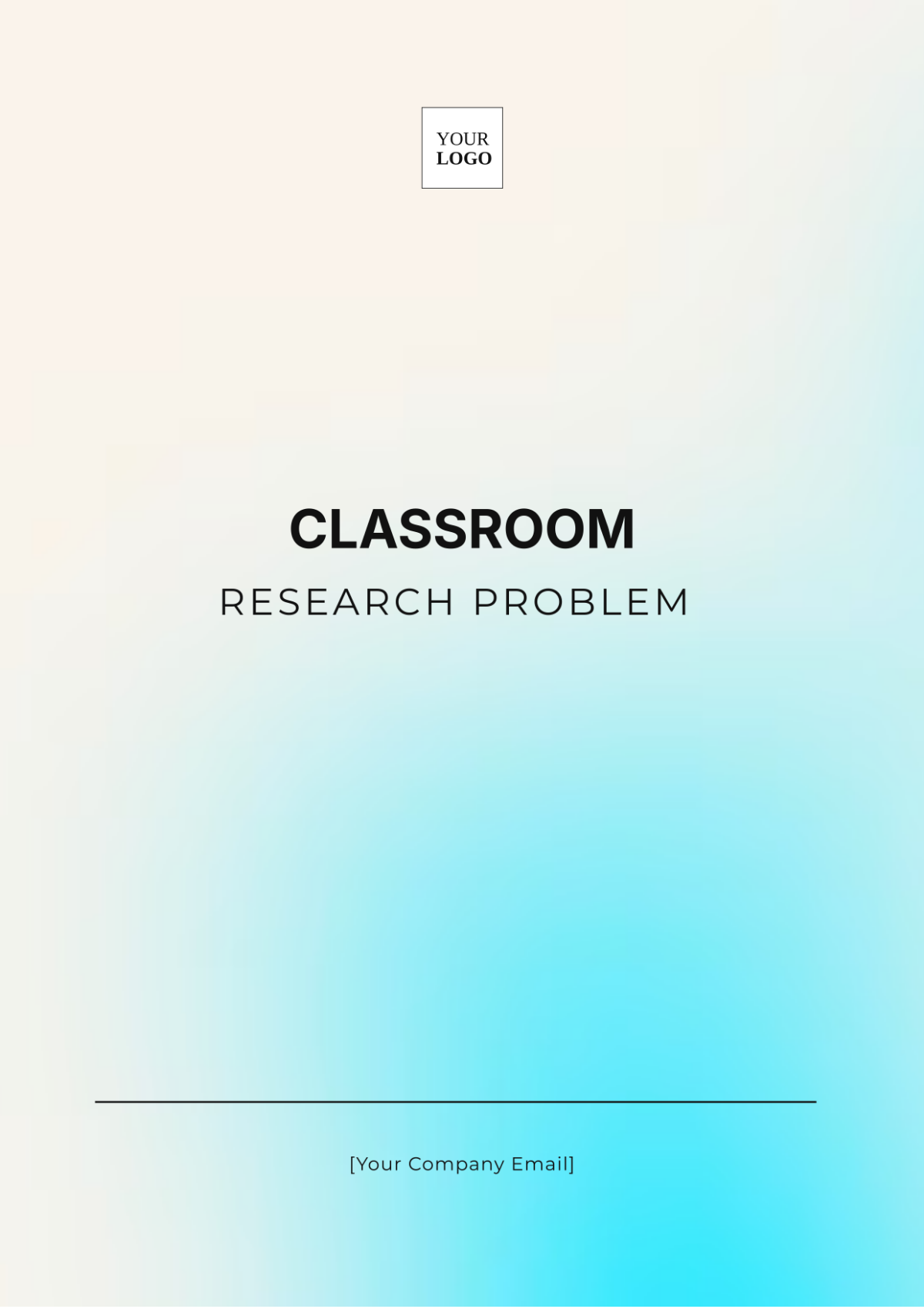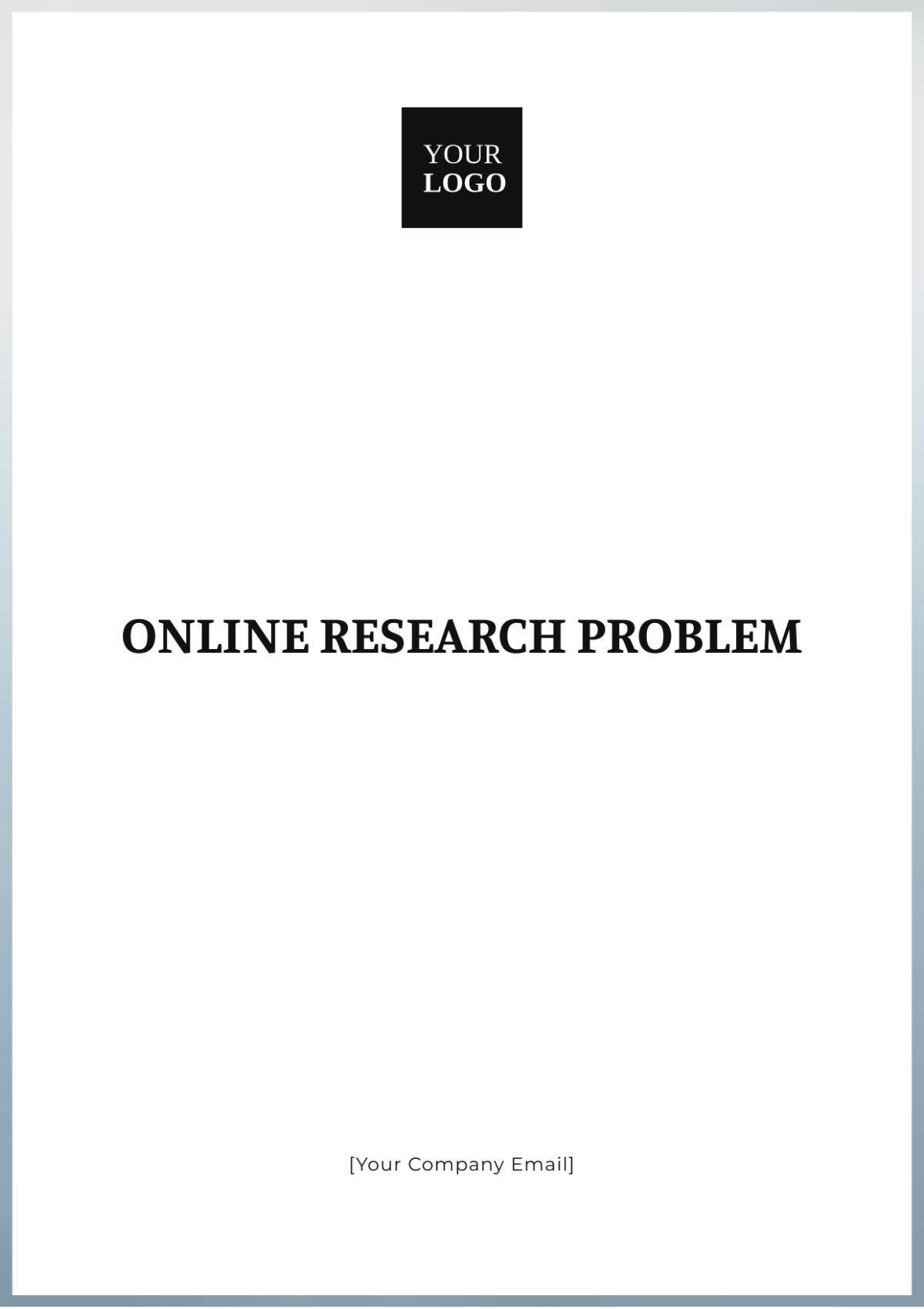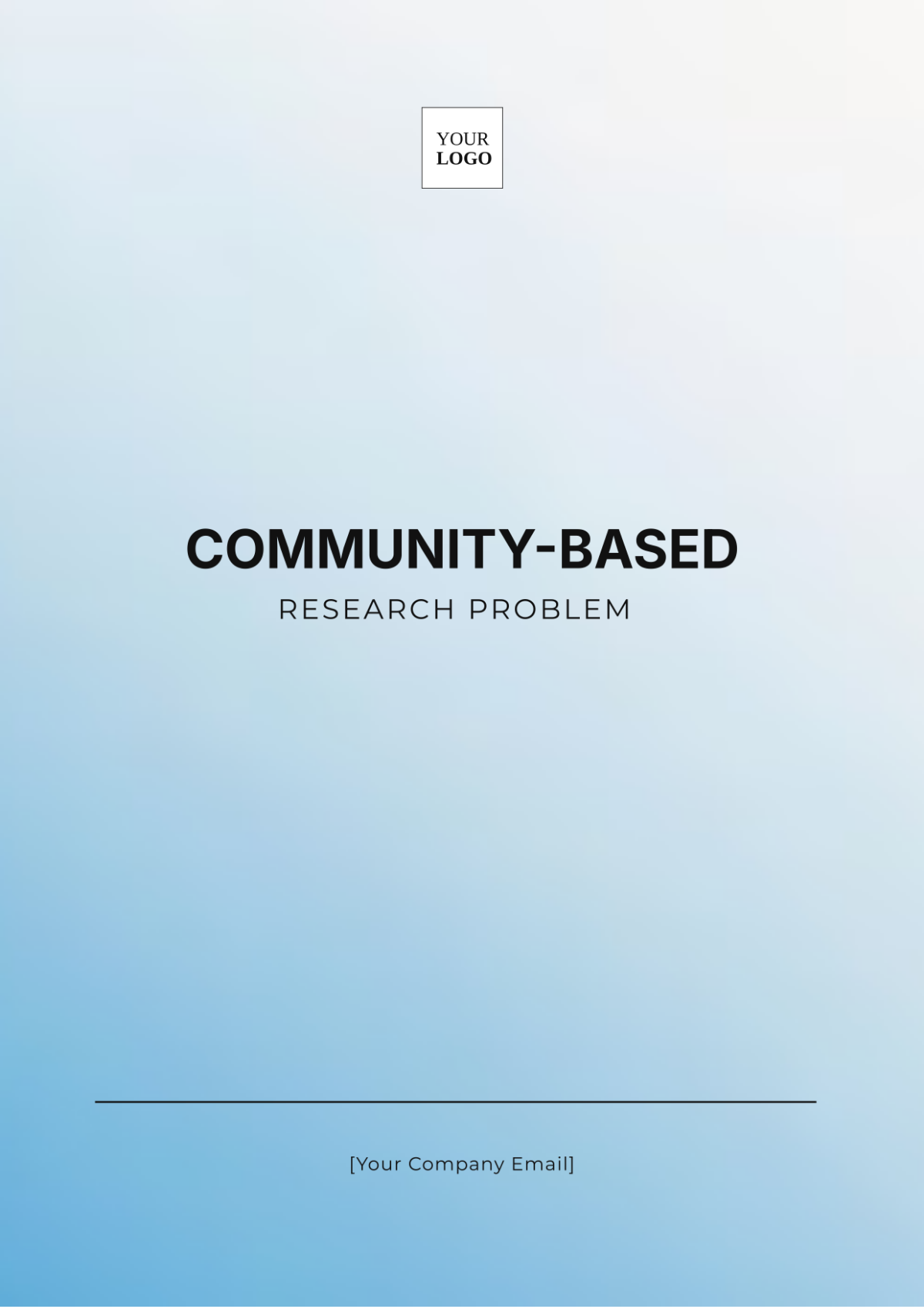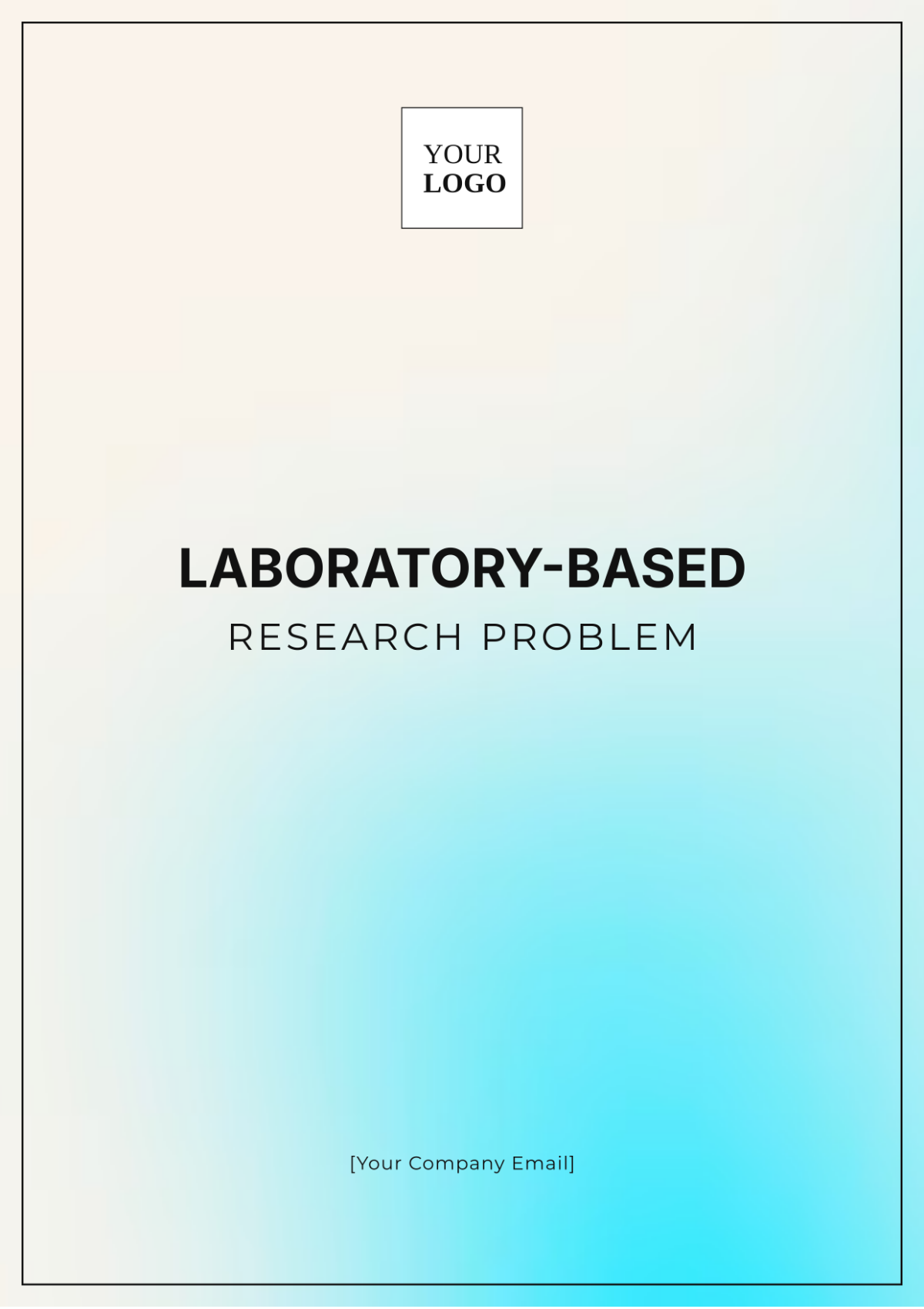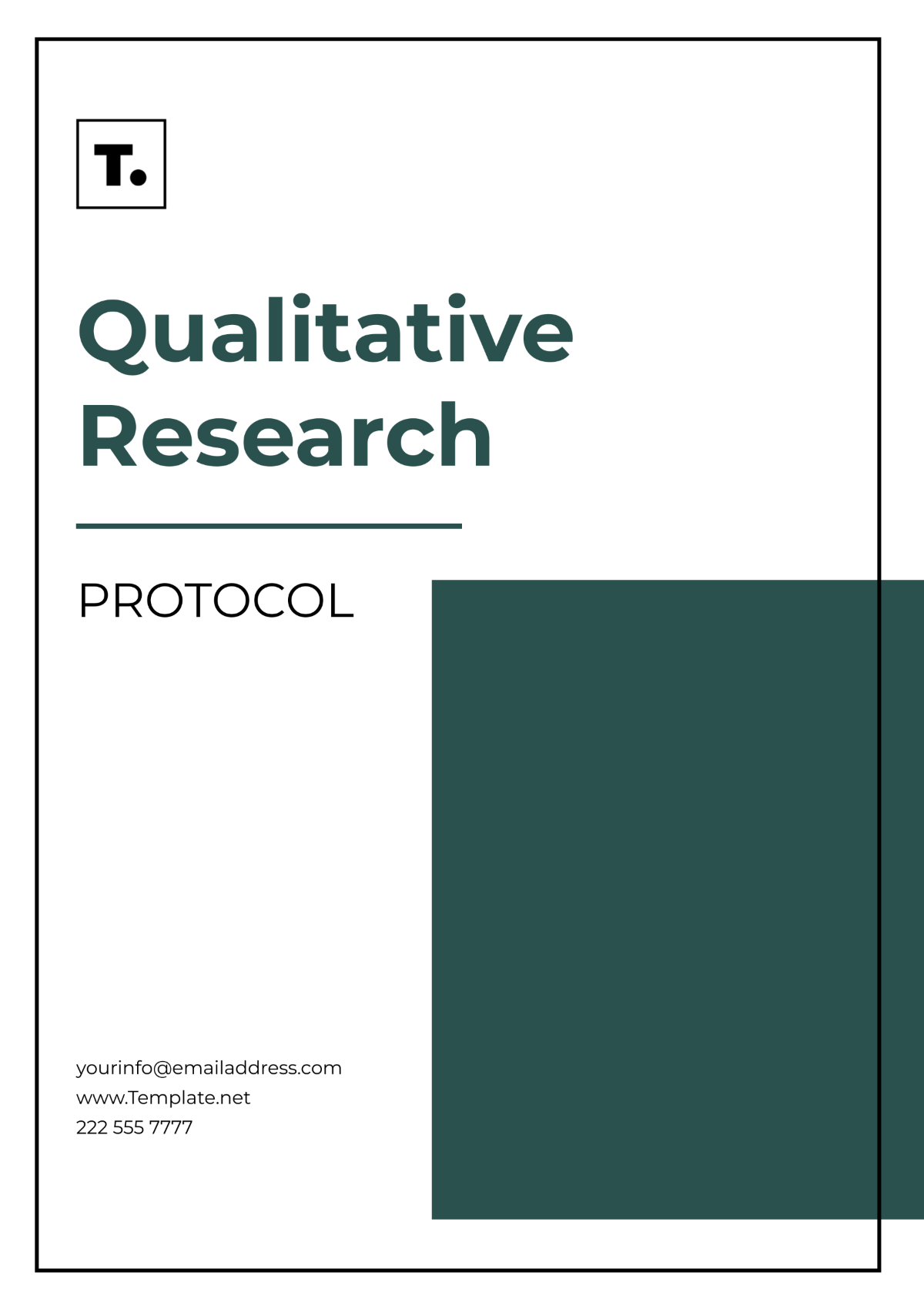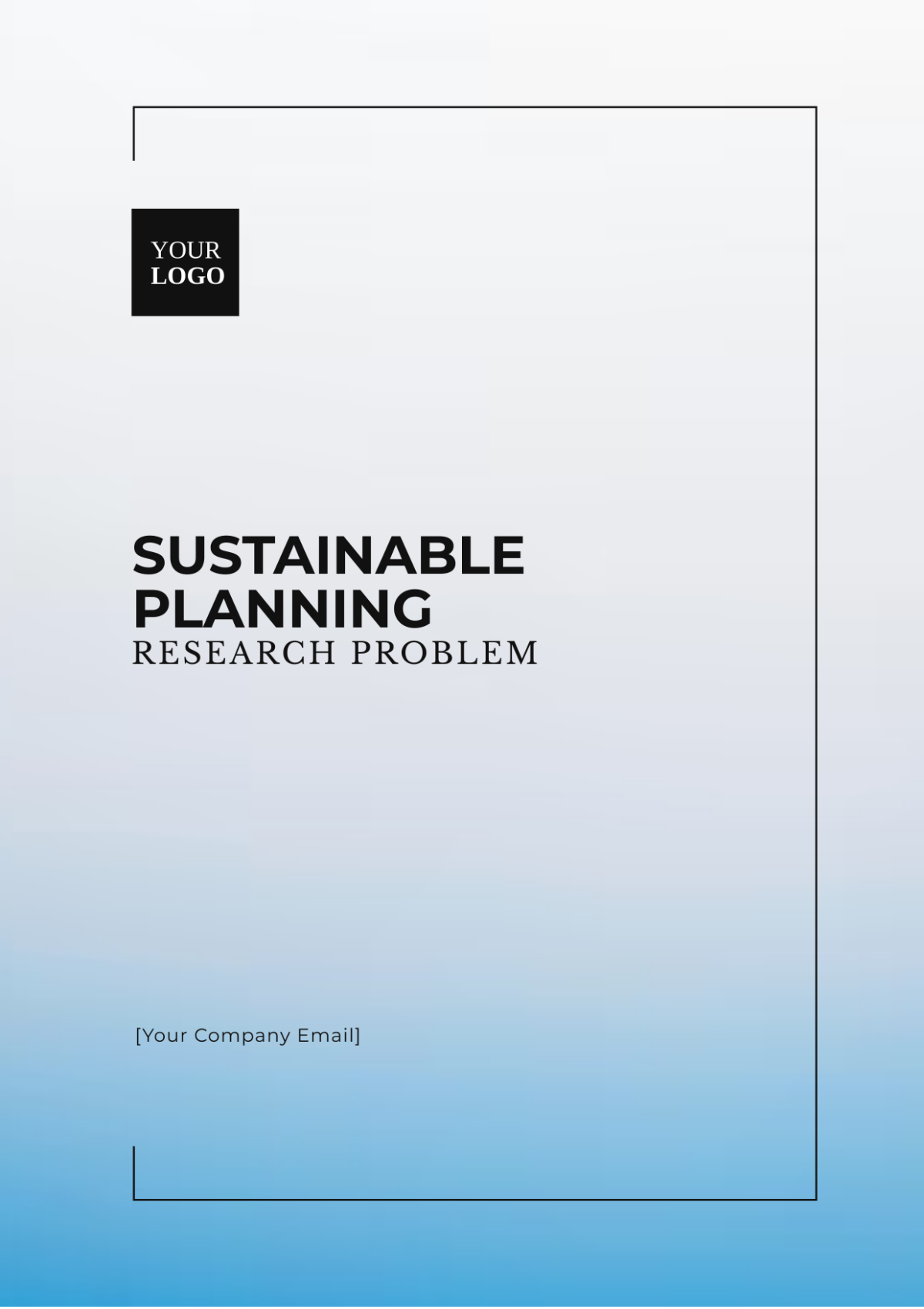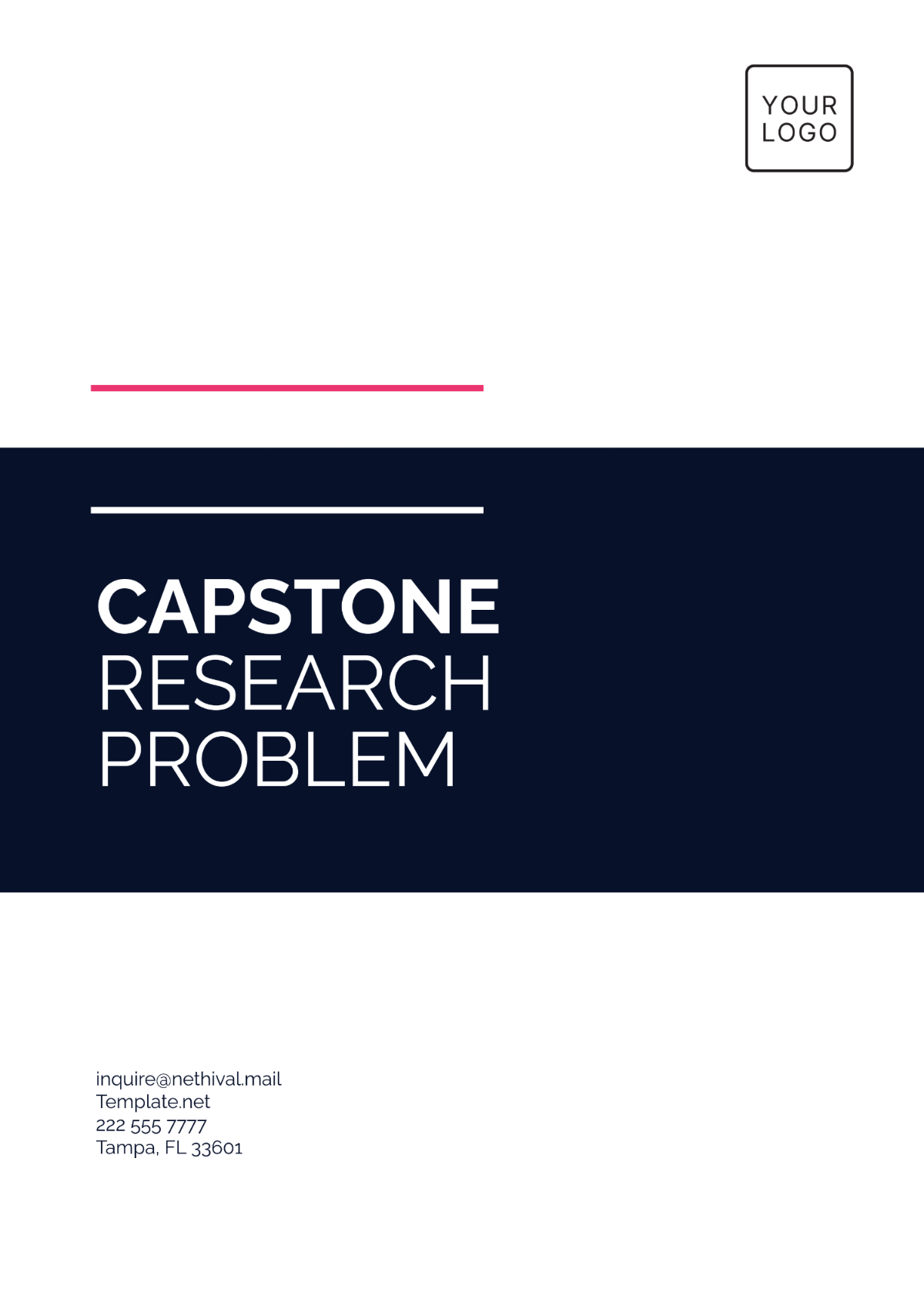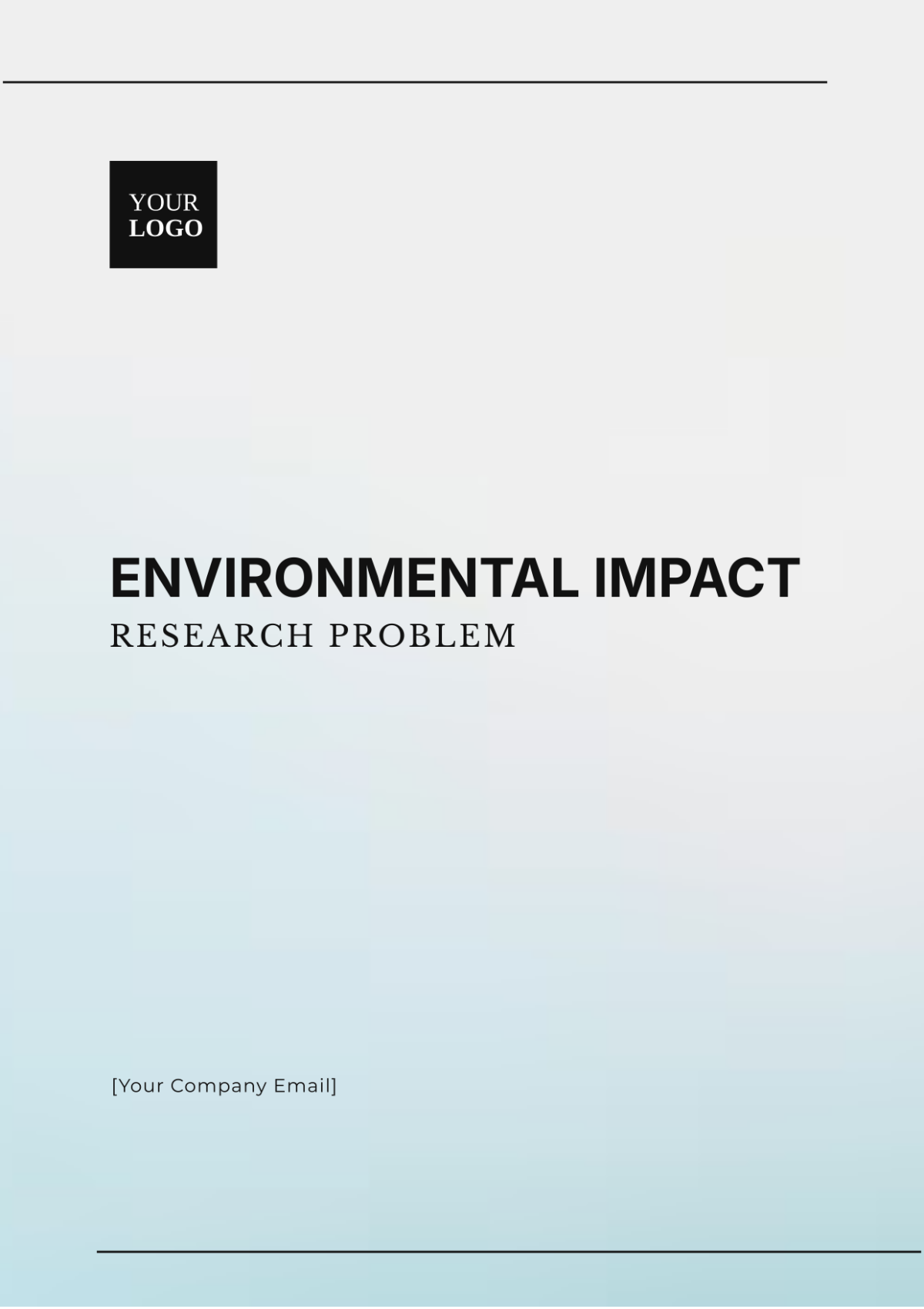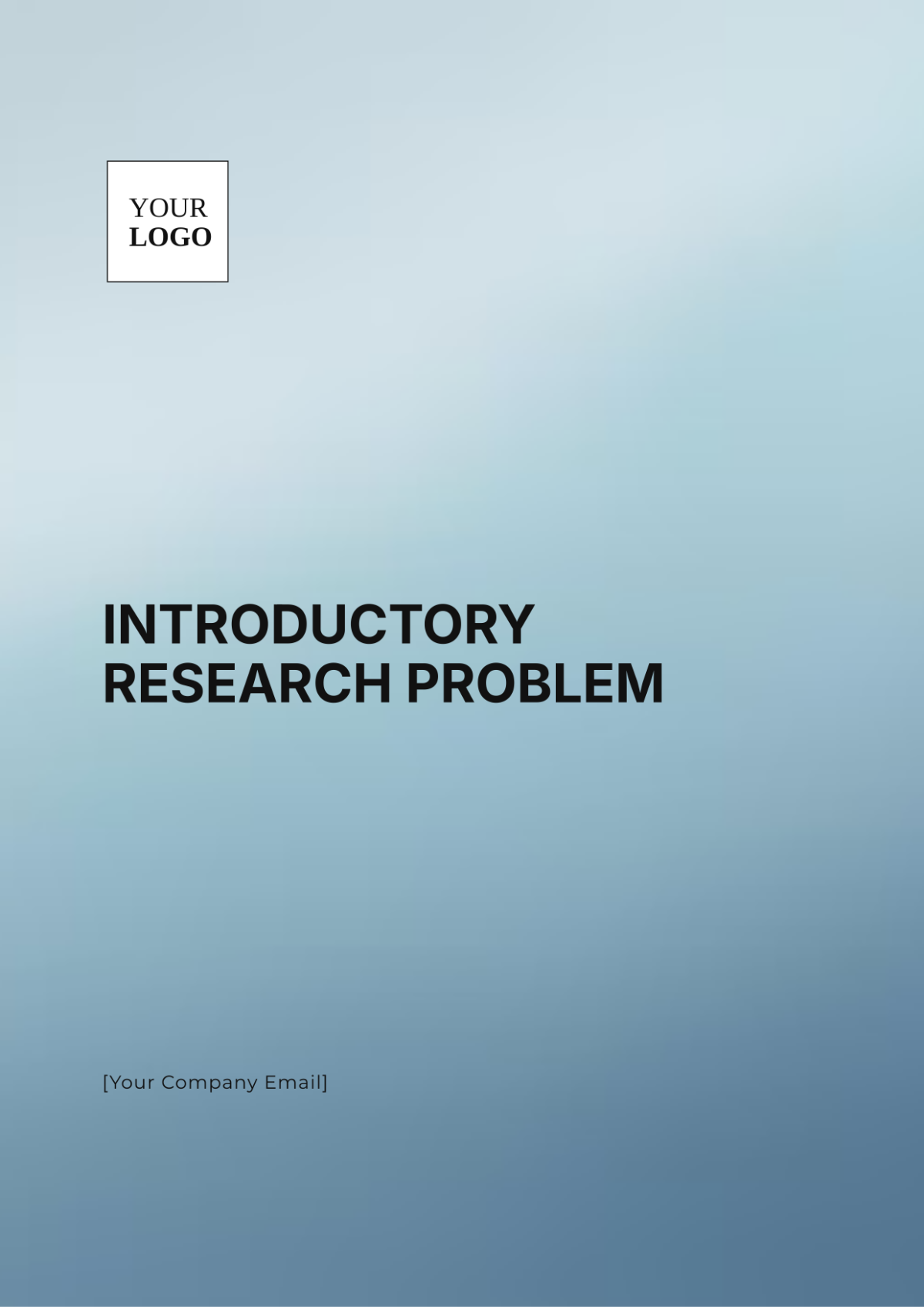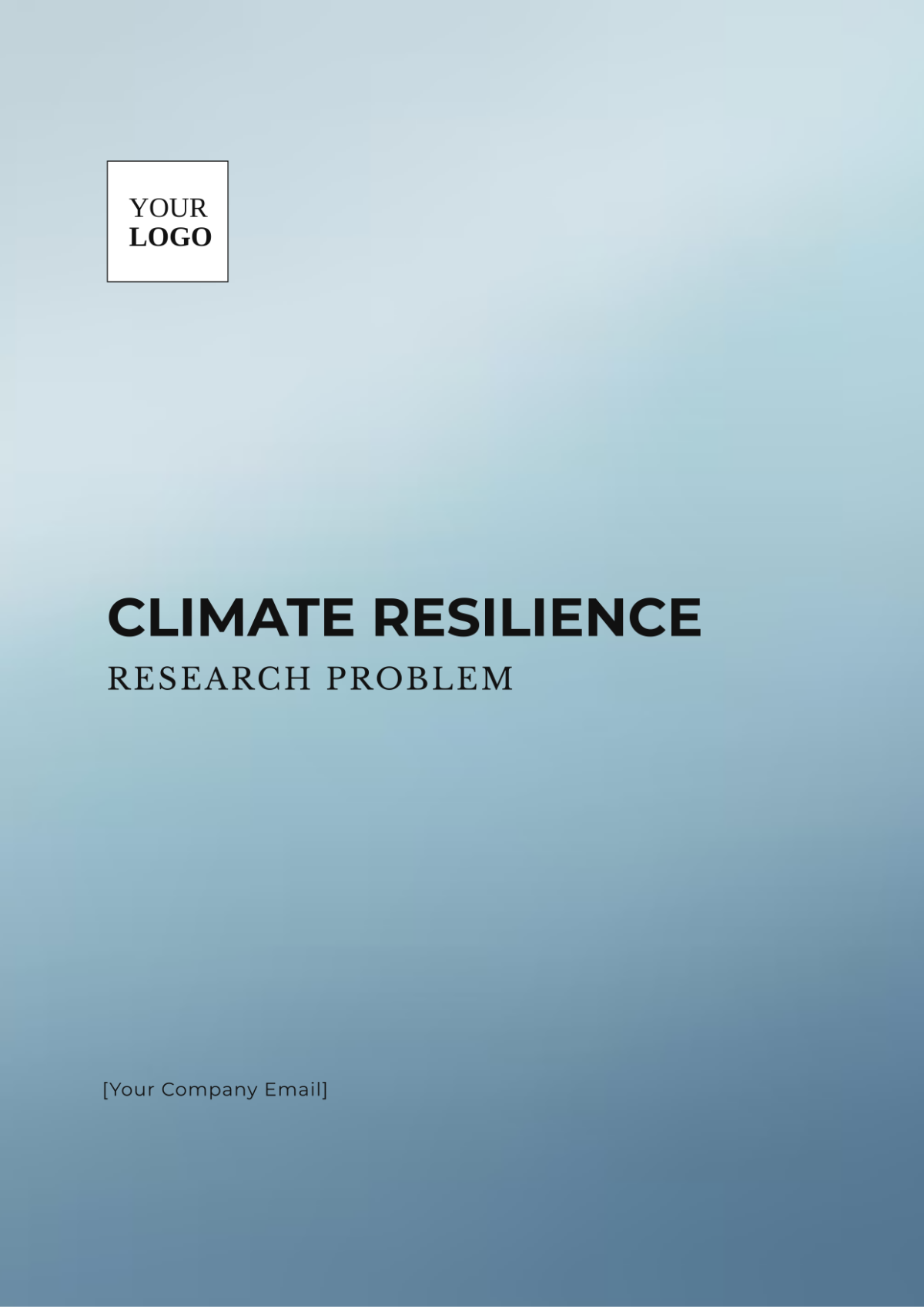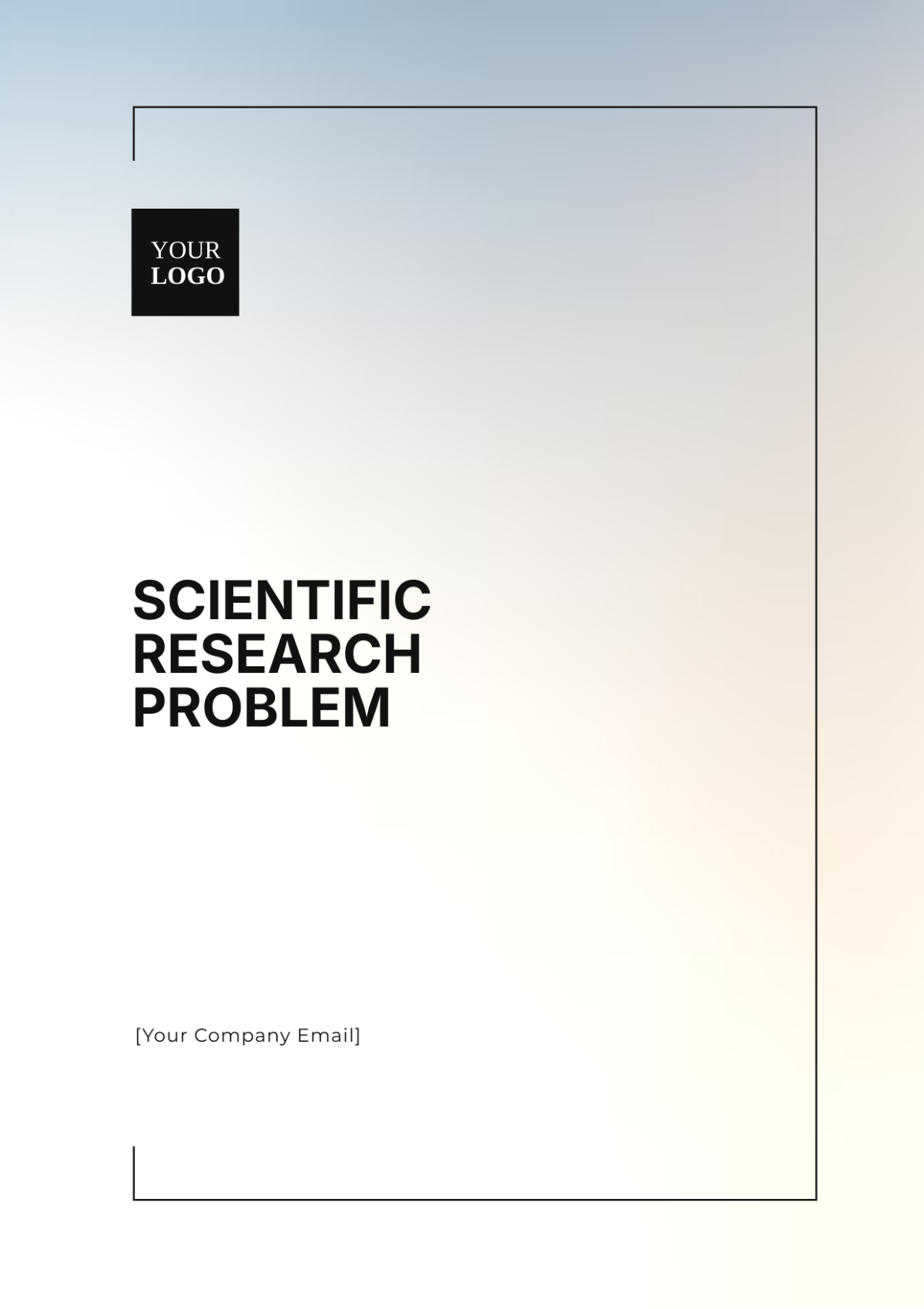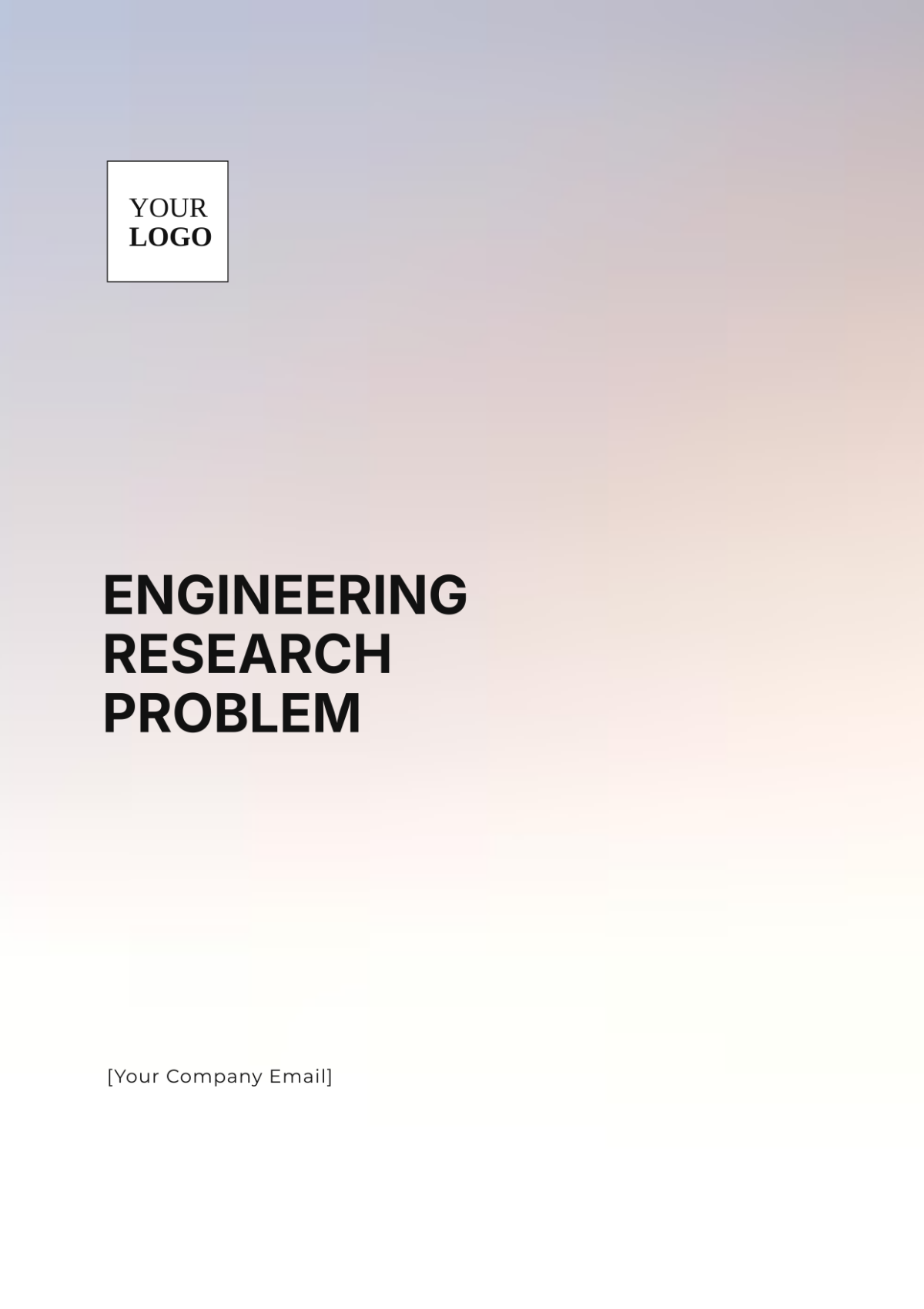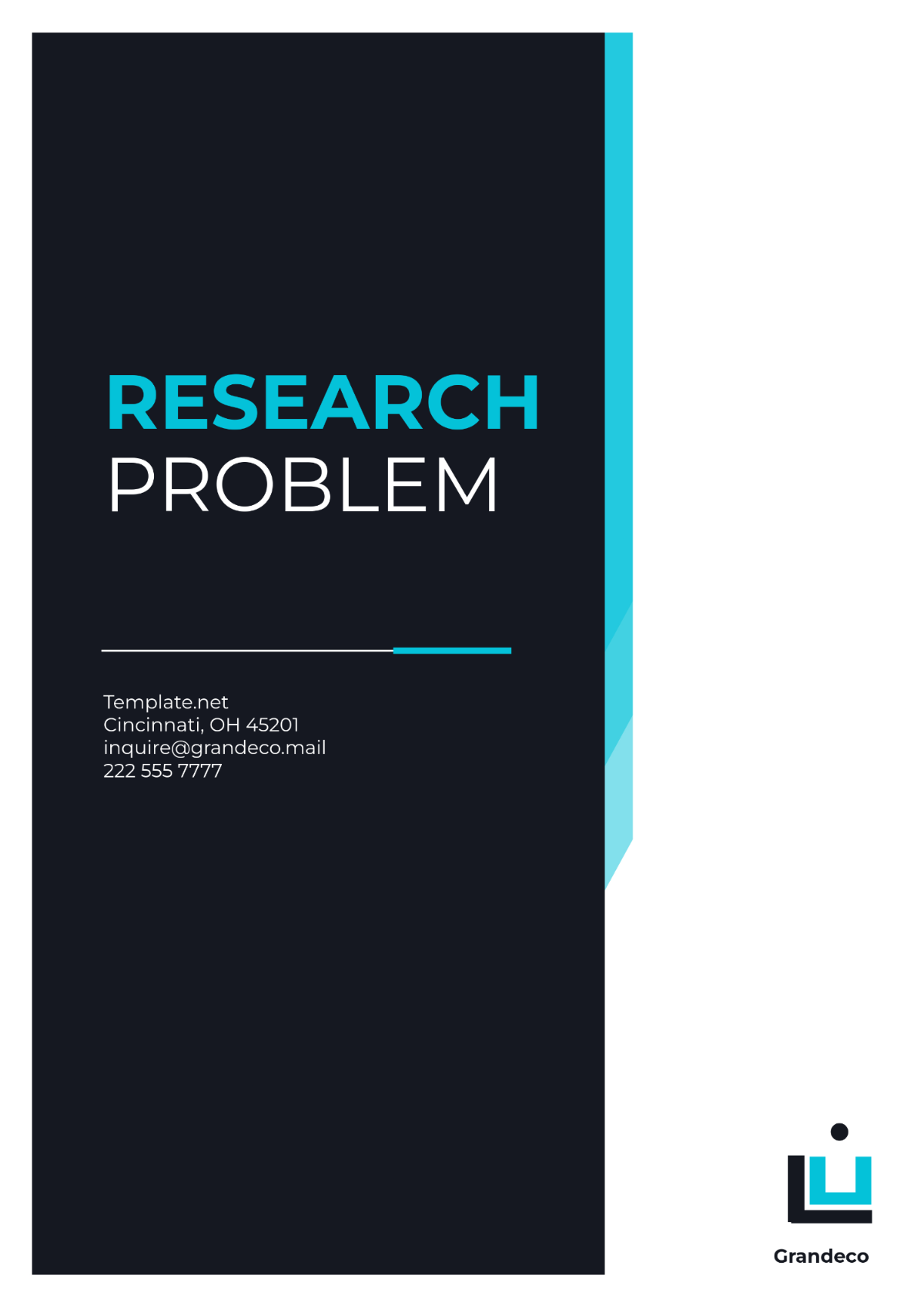Introductory Research Problem
Prepared by: [Your Name]
Date: [Date]
1. Introduction
In transforming market environments, organizations encounter various challenges that affect their operational efficiency and overall effectiveness. Understanding these challenges is crucial for developing strategies that can enhance organizational performance. This research aims to introduce and define a key problem affecting many enterprises today: operational inefficiency because of outdated practices and inadequate adaptability.
2. Research Problem
The introductory problem addressed by this research is the persistent decline in operational efficiency and effectiveness within organizations, which often results from outdated practices and a lack of adaptability to new technologies and processes. Despite the availability of advanced tools and methodologies, many organizations continue to struggle with optimizing their operations and maintaining a competitive edge. This research will explore the fundamental causes of these inefficiencies and provide a foundation for developing targeted solutions.
3. Objectives
Identify Operational Inefficiencies: Examine the prevalent issues causing operational inefficiencies within organizations, such as process delays, resource mismanagement, and ineffective use of technology.
Assess Current Practices: Evaluate the effectiveness of existing strategies and solutions that organizations use to address these inefficiencies.
Formulate Recommendations: Develop preliminary recommendations and best practices to improve operational efficiency based on the identified challenges and gaps.
Propose Further Research: Identify areas for further research to explore innovative solutions and methodologies for addressing the operational challenges uncovered.
4. Scope
This research will focus on medium to large enterprises across various sectors, including manufacturing, retail, and services, to understand common operational inefficiencies. It will exclude small businesses and sector-specific issues to maintain a broad applicability of the findings. The research will provide a general overview and identify key areas for more detailed future studies.
5. Methodology
The research will use a mixed-methods approach, including:
Surveys and Interviews: Collecting data from organizational leaders and employees to gain insights into operational challenges and current practices.
Case Studies: Analyzing case studies from organizations that have implemented successful operational improvements to identify key factors and strategies.
Literature Review: Reviewing existing literature and industry reports to build a comprehensive understanding of current knowledge on operational efficiency.
6. Expected Outcomes
The research is expected to highlight the key challenges affecting operational efficiency and effectiveness within organizations. It will provide an initial set of recommendations for improvement and identify areas where further research is needed. These outcomes will offer a foundational understanding of operational inefficiencies and contribute to the development of more targeted solutions in subsequent studies.
7. Conclusion
Understanding and addressing operational inefficiencies is critical for organizations to enhance their performance and maintain a competitive advantage. This research will introduce the key problems associated with operational inefficiency and provide a basis for further investigation and solution development. By identifying the root causes and suggesting preliminary improvements, this research will contribute to better management practices and organizational success.
8. References
Smith, J. (2051). The Impact of Technological Advancements on Operational Efficiency. Journal of Business Management, 45(2), 112-130.
Doe, A., & Lee, B. (2052). Strategies for Overcoming Operational Inefficiencies in Large Enterprises. International Journal of Operations Research, 37(4), 207-225.
Johnson, R. (2053). Innovative Approaches to Enhancing Organizational Performance. Business Improvement Quarterly, 29(1), 78-94.
Miller, T., & Patel, S. (2054). Case Studies in Operational Excellence: Lessons from Leading Firms. Global Business Review, 56(3), 143-159.
Williams, L. (2055). Managing Resource Misallocation in Complex Organizations. Journal of Strategic Management, 50(5), 90-108.
















